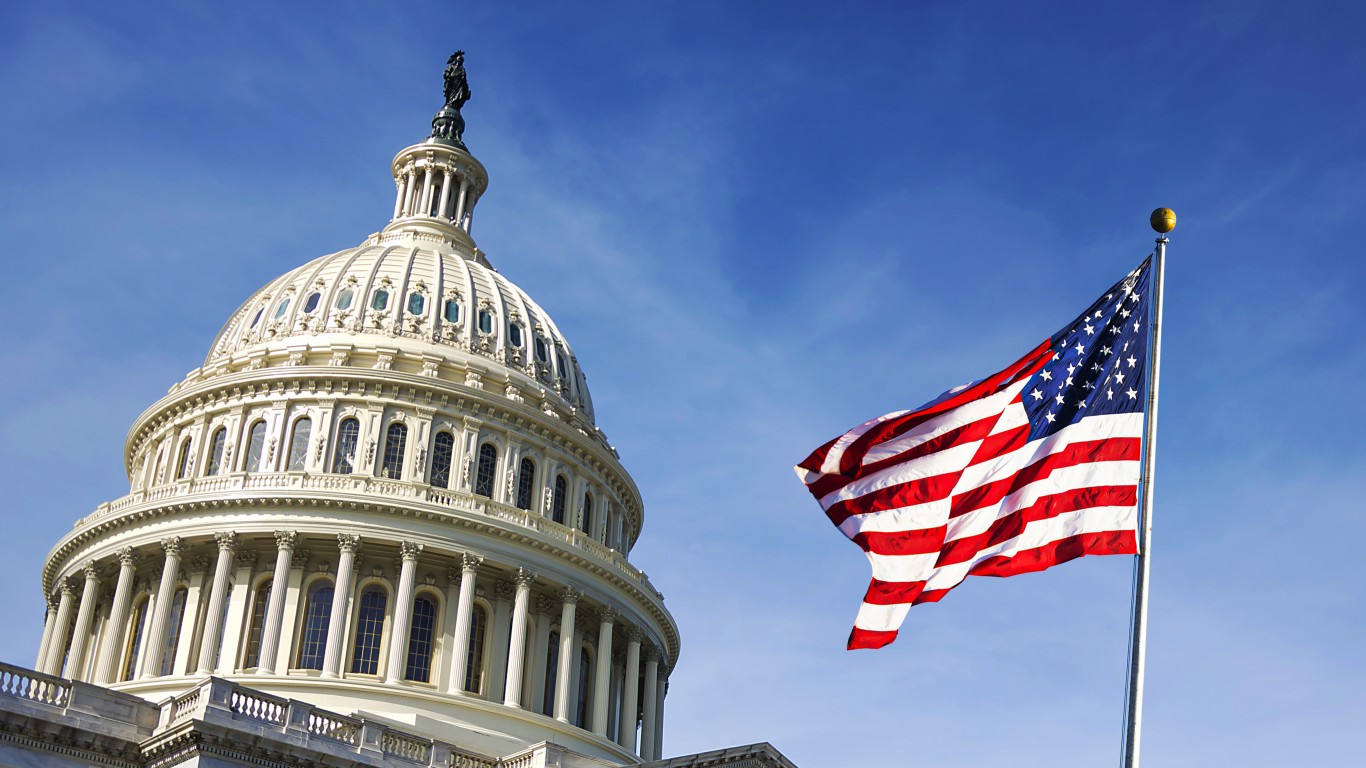Investing
New US Bill Mandates KYC for DeFi Platforms and Bitcoin ATMs

Published:
Last Updated:

On Wednesday, Senator Jack Reed (D-Rhode Island) introduced a new crypto regulation bill. Alongside similar proposals in the law-making docket, the latest legislative action focuses on decentralized finance (DeFi) and ATMs.
While Reed is the main sponsor of the bill, Senators Mark Warner (D-VA), Mike Rounds (R-SD), and Mitt Romney (R-UT) are co-sponsors, making it a bipartisan effort. Put through the Senate Banking, Housing, and Urban Affairs Committee, the bill’s details are yet to be published.
However, based on the bill title and briefs to news outlets, it aims to introduce legal culpability to DeFi protocols.
Without any passed legislation, DeFi protocols are in the regulatory limbo zone. The same could be said of blockchain-based CeFi platforms, such as Coinbase, but they are transparent legal entities with identifiable governing structures. Despite the legislative void, this allows regulatory bodies, with the Securities Exchange and Commission (SEC) pushing the envelope, to create rules by enforcement.
In contrast, DeFi protocols, as automated smart contracts with diffused governance, are much more challenging to tackle. The SEC aims to treat them under alternative trading systems (ATS). In April, the SEC proposed to amend Rule 3b-16, by which DeFi protocols would be treated as exchanges.
In June, DeFi Education Fund described the SEC’s proposal as “legally flawed because it exceeds the SEC’s authority under the Exchange Act, twisting the statutory definition of an “exchange” beyond both recognition and reason.
Furthermore, the Fund notes that the SEC failed to make “a serious and thoughtful effort to clearly and appropriately assess the scope of its own jurisdiction over DeFi and crypto assets, nor has it crafted (or attempted to craft) a workable regulatory regime consistent with its statutory mandate and authority.”
Regarding DeFi enforcement, infrastructural cogs supporting DeFi protocols have been reactive. Case in point, when the US Treasury sanctioned crypto privacy mixer Tornado, web 3 blockchain firms, Alchemy and Infura, blocked the pathways from users to Tornado’s smart contracts hosted on the Ethereum blockchain.
The newly introduced bill sponsored by Jack Reed (D-RI) is focused on “applicability of sanctions and anti money-laundering compliance” applied to DeFi protocols. Given that most DeFi protocols lack an identifiable governance structure, the bill would side-step this problem by introducing a $25 million investment threshold.
If investors put that much in the protocol, they would have the same responsibility as Coinbase’s leadership related to anti-money-laundering (AML) and know-your-customer (KYC) compliance. This includes collecting users’ information and ensuring compliance with government directives, such as blocking sanctioned users and reporting suspicious activity.
The proposed bill would also place the same compliance rules on virtual asset kiosks. The US is known to have the highest concentration of Bitcoin kiosks. According to a Grand View Research report, the US accounts for 44% of the global crypto ATM revenue in 2022, valued at $116.7 million globally.
One could exchange money for Bitcoin with a disposable phone number and email, so Bitcoin ATMs are considered anonymous exchange points. If the bill goes through, that would no longer be the case, as ATM manufacturers would have to up their compliance, monitoring, and reporting levels.
Despite bipartisan efforts, no federal crypto bill has yet passed into law. These are some of the more comprehensive ones:
On a state level, dozens of bills have been introduced, covering DAOs, money transmission, AML, virtual currency custody, and other crypto-related activities. While most are pending, nine have been enacted this year so far.
This article originally appeared on The Tokenist
If you’re one of the over 4 Million Americans set to retire this year, you may want to pay attention.
Finding a financial advisor who puts your interest first can be the difference between a rich retirement and barely getting by, and today it’s easier than ever. SmartAsset’s free tool matches you with up to three fiduciary financial advisors that serve your area in minutes. Each advisor has been carefully vetted, and must act in your best interests. Start your search now.
Don’t waste another minute; get started right here and help your retirement dreams become a retirement reality.
Thank you for reading! Have some feedback for us?
Contact the 24/7 Wall St. editorial team.